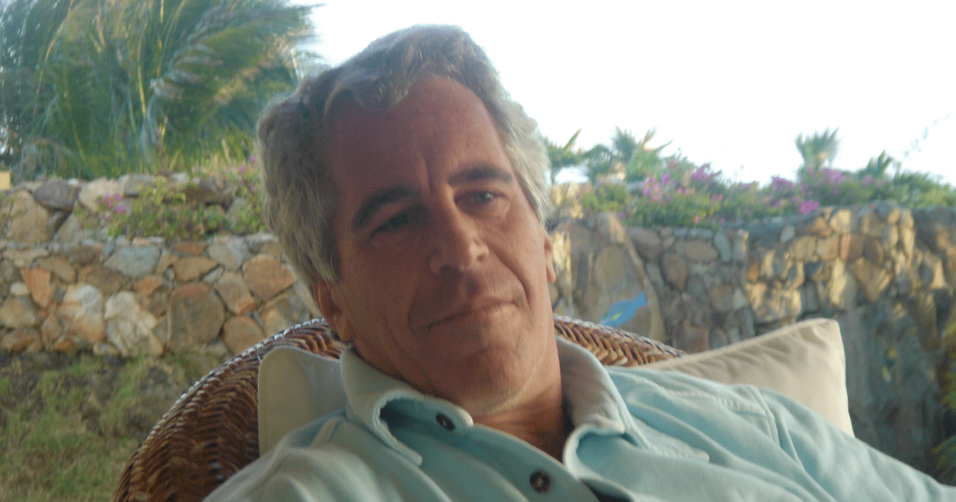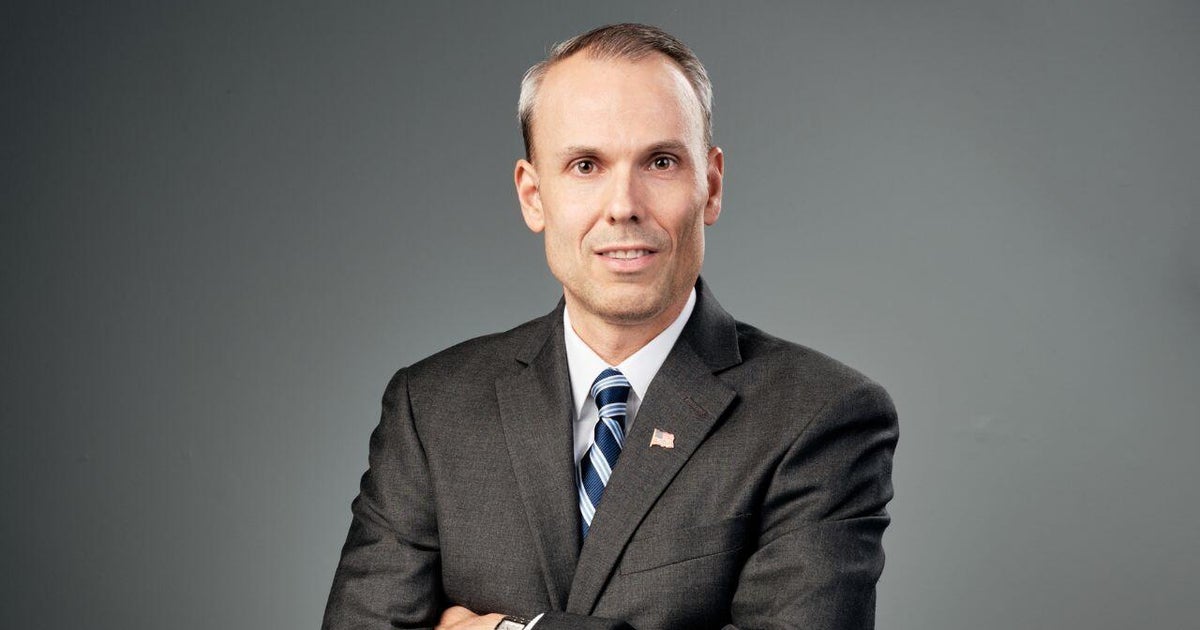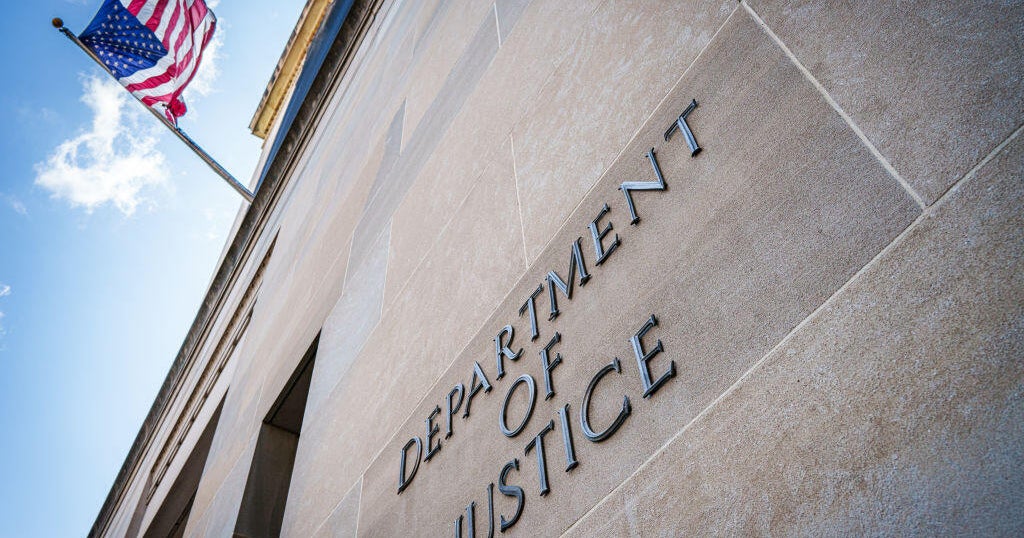Merrick Garland assures senators he's "not the president's lawyer" in hearing to lead Justice Department
Washington — Judge Merrick Garland, President Biden's nominee for attorney general, appeared before the Senate Judiciary Committee for the first day of his confirmation hearing on Monday, vowing to restore the Justice Department's independence and pursue prosecutions of those who participated in the January 6 attack on the Capitol.
"It is a fitting time to reaffirm that the role of the attorney general is to serve the rule of law and to ensure equal justice under the law," Garland said in his opening statement. "If I am confirmed as attorney general, it will be the culmination of a career I have dedicated to ensuring that the laws of our country are fairly and faithfully enforced, and that the rights of all Americans are protected."
A judge on the U.S. Court of Appeals for the District of Columbia Circuit, Garland made his debut before senators as the Justice Department emerges from a period during which it was thrust into the center of politically charged investigations involving former President Donald Trump's allies and dogged by accusations of politicization.
Garland appears poised to be confirmed by a wide bipartisan margin, as senators on both sides of the aisle praised his record of public service and commitment to the rule of law.
Emphasizing his commitment to maintaining the independence of the Justice Department and shielding it from political pressures, primarily from the White House, Garland pledged to "fend off any effort by anyone to make prosecutions or investigations partisan or political in any way."
"I am not the president's lawyer," he said. "I am the United States' lawyer."
In an exchange with Senator Cory Booker, a Democrat from New Jersey, Garland grew emotional discussing his motivation for accepting the nomination for attorney general as he reflected on the experiences of his grandparents who fled anti-Semitism and persecution in the early 1900s for the U.S.
"This country took us in, protected us," he said, becoming choked up. "I feel an obligation to the country to pay back. This is the highest, best use of my own set of skills to pay back."
If confirmed, Garland will take the helm of the Justice Department as it pursues investigations into and prosecutions of rioters who breached the U.S. Capitol in the violent insurrection January 6.
The judge told lawmakers that "battling extremist attacks on our democratic institutions" remains central to the Justice Department's mission. He condemned the deadly assault on the Capitol, calling it a "heinous attack that sought to disrupt a cornerstone of our democracy: the peaceful transfer of power into a newly elected government."
"I don't believe this is necessarily a one-off," Garland said about the attack.
Garland would also assume the post of attorney general as the department continues to oversee several politically sensitive probes, including one involving Hunter Biden, Mr. Biden's son whose "tax affairs" are under scrutiny, as well as the ongoing examination from special counsel John Durham into the origins of the FBI's investigation into Russian meddling in the 2016 election.
Garland told senators he has not discussed Hunter Biden's case with the president and reiterated Mr. Biden's public commitment to leave decisions about investigations and prosecutions to the Justice Department.
"That was the reason that I was willing to take on this job," he said.
As attorney general, Garland committed the Justice Department to fully participating in congressional investigations into Mr. Trump's "zero tolerance" immigration policy, which led to separations of migrant families apprehended at the border. The department's inspector general found former Attorney General Jeff Sessions and his aides were the "driving force" in the prior administration's policy.
"I think that the policy was shameful," Garland said. "I can't imagine anything worse than tearing parents from their children, and we will provide all the cooperation that we possibly can."
Garland has received support for his nomination from a bevy of civil rights organizations and law enforcement groups. When pressed on whether he supports calls from progressives to strip police of their funding following the deaths of unarmed Black men and women at the hands of law enforcement, the judge said, "President Biden has said he does not support defunding the police and nor do I." Instead, Garland said he believes more resources should be given to police departments to gain support of communities and ensure resources are available for mental health services.
Garland's hearing before the Senate Judiciary Committee comes five years after he was nominated to the Supreme Court by former President Barack Obama following the death of Justice Antonin Scalia in 2016. But Republicans declined to take up Garland's nomination and he never received a confirmation hearing before the Judiciary panel, as GOP senators argued the vacancy arose too close to the 2016 presidential election.
If the Senate approves Garland as the nation's top law enforcement officer, it would open up a seat on the powerful D.C. Circuit for Mr. Biden to fill. Garland, appointed to the court by former President Bill Clinton in 1997, served as its chief judge until February 2020. Garland is also no stranger to the Justice Department, having served as a federal prosecutor in Washington, D.C., as well as deputy assistant attorney general for the criminal division, and as principal associate deputy attorney general.
The Judiciary Committee will hear from outside witnesses Tuesday, the second day of the confirmation hearing. Committee Chairman Dick Durbin told reporters he expects the Senate to vote on Garland's nomination next week.
Clare Hymes and Cassidy McDonald contributed reporting.





